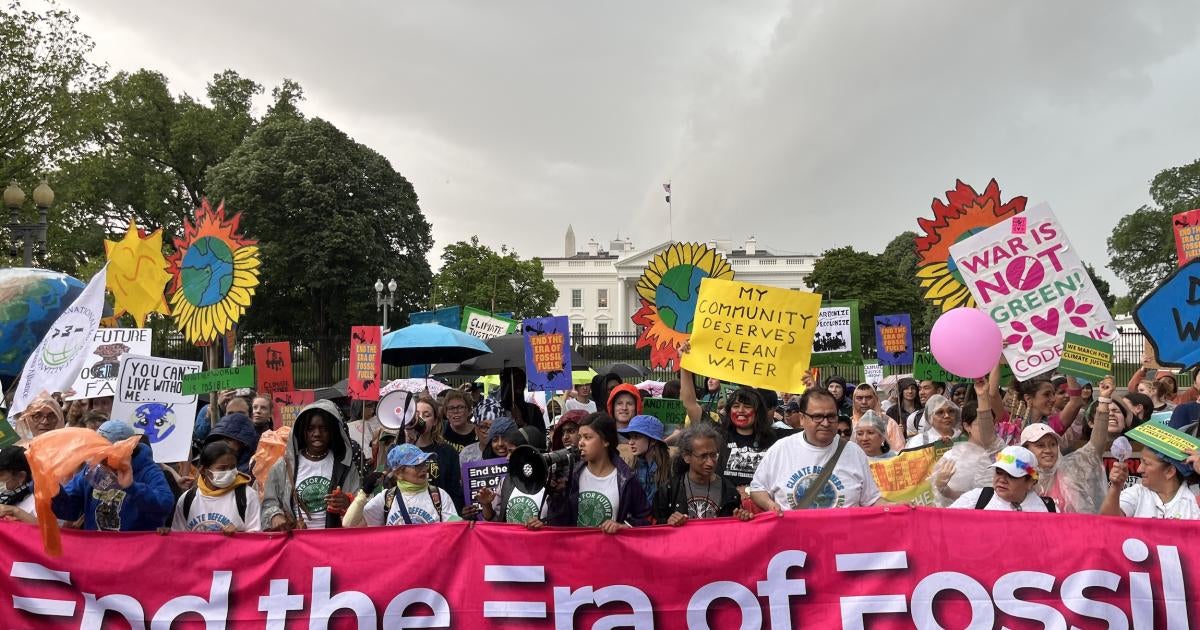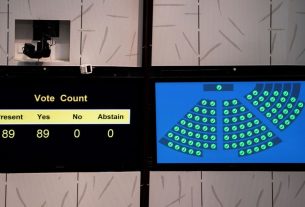When Tish Taylor saw the email in her inbox, she assumed it was a hoax. She turned to her father, Robert Taylor, founder of Concerned Citizens of St. John, who has lived with her since his Louisiana home was destroyed by Hurricane Ida in 2021, and said, “Daddy, you got an invitation to the White House.”
On April 21, the eve of Earth Day, the two sat in the White House Rose Garden, looking on as President Joe Biden signed a new Executive Order on Environmental Justice into law.
The executive order directs all federal agencies to incorporate the pursuit of environmental justice into their missions, recognizing entrenched disparities that are often the legacy of racial discrimination and segregation in communities that experience disproportionate and adverse human health or environmental harms.
It requires that agencies consider the “cumulative impacts of pollution and other burdens like climate change” in their decision-making, a critical new step. Existing regulatory procedures typically consider the added pollution burden of a new or expanded petrochemical plant or other operation in isolation, rather than in combination with emissions from existing sources. This practice has facilitated “sacrifice zones,” where polluting industries concentrate within and exploit marginalized communities.
Like the Taylors, many of the Rose Garden attendees live and organize in Black, Indigenous, and other people of color communities ravaged by the fossil fuel and petrochemical industries as well as the climate crisis, which, circularly, is primarily the result of burning fossil fuels. They include Juan Parras of T.E.J.A.S, Jade Begay of NDN Collective, and Sharon Lavigne and her daughter, Shamyra, of Rise St. James. The Lavignes and Taylors live in the “Cancer Alley” area of Louisiana.
Biden also announced a new Interagency Policy Committee on Plastic Pollution and a Circular Economy to coordinate federal efforts prioritizing public health, economic development, and equity in tackling the entire lifecycle of the global plastics pollution crisis. Virtually all plastics are derived from fossil fuels.
Ending the widespread harms integral to the fossil fuel industry requires public policy that significantly reduces production, rapidly phases out fossil fuels, ensures a just and equitable transition, and supports other nations to do the same.
Robert Taylor cares less about the White House ceremony than about saving his community’s children from an environment that kills them. If the administration uses the executive order and other tools to “help us win this fight, then that’s amazing to me,” Taylor said. “Then I’ll feel a sense of accomplishment.”



